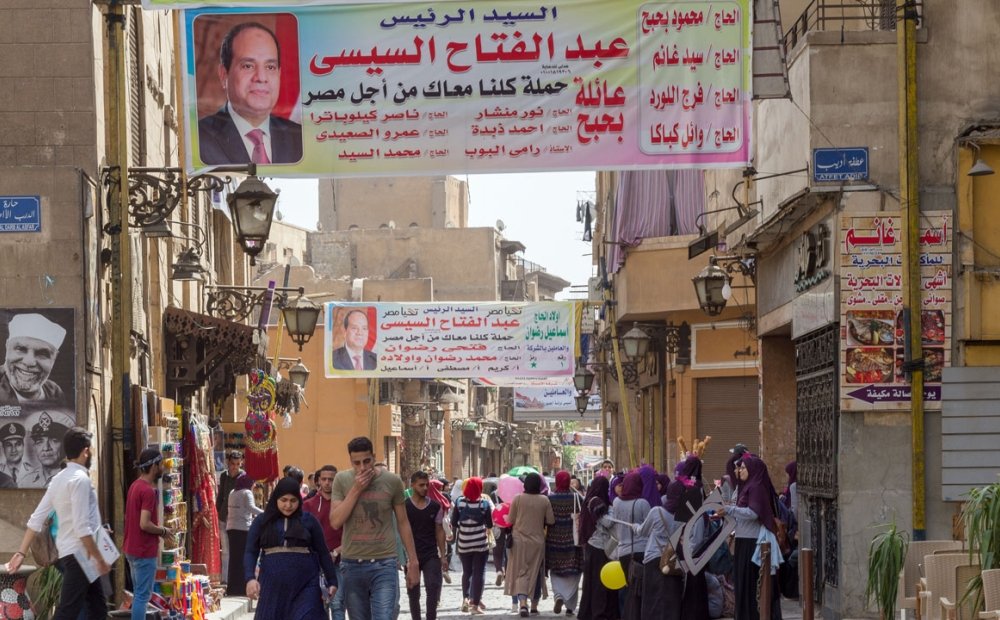Egypt in the Wake of Presidential Elections

With no serious opposition and despite low turnout, Egyptian President Abdul Fattah Sisi is poised to win a landslide reelection.
What do the results tell us about Sisi’s domestic position, his influence within the Egyptian military, and his popularity on the street? And, going forward, does he have an approach or strategy to deal with the economic, political, security, and foreign policy challenges that Egypt faces?
In this conversation, a former member of the Egyptian Parliament and veteran analysts assessed the election results, U.S.-Egyptian relations, and the way ahead.
Selected Quotes
Aaron David Miller
“We obviously become distressed when authoritarian governments repress human rights and suppress political dissent – and clearly, this isn’t new with Abdel Fattah el-Sisi. His predecessors did it as well.”
Mohamed Anwar Al-Sadat
“The outcome [of the election] is not a surprise when it comes to the winner, President Sisi. The only thing that is a bit surprising is the turnout of Egyptian voters. All the figures and numbers [were] far below what we have been witnessing [during] the presidential elections in 2014 and 2012.”
“There is no space anymore for fear. People have to understand that the constitution is clear; the president has only two terms. He has to step down and we will have to see another president.”
“The way I see it… [Egypt] is not actually in need of strong [president] or a president having charisma. The time of charisma is over. What you need is a president who is qualified, who is willing to be open to all Egyptians.”
Nathan Brown
“Talking about disappointment on two levels: number one, disappointment probably on the part of the regime that they had poor turnout, that they had a lot of spoiled ballots, but also disappointment on the part of Egyptian society that this was perhaps an opportunity that was missed in order to attract people into the political process.”
“The election itself was not an opportunity to compete amongst existing directions, but to communicate very clearly that there was a leadership in charge and that challenges to that leadership were not ones that were going to be tolerated.”
“The way that the election was carried out really is more of a referendum than a competitive election.”
Amy Austin Holmes
“The outcome of these elections was never in question, but I think it’s important to point out [the comparison] to the elections in 2005 and 2014, [when] there were genuine opposition candidates; Ayman Nour ran in 2005 against Mubarak, and in 2014, when Sisi ran for the first time, Hamdeen Sabahi was his challenger.”
“I’m worried that these campaigns against the Nubian minorities, against other civil society actors that are entirely peaceful, as well as against academics possibly will continue.”
“The regime would benefit if they would see actors in civil society, including non-governmental organizations, initiatives, and associations, but also journalists and academics. These people actually could potentially be a useful source of information to the regime.”
Moderator

Panelists

Research Professor of International Affairs and Acting Director of the Foreign Area Officers Program, George Washington University
Hosted By

Middle East Program
The Wilson Center’s Middle East Program serves as a crucial resource for the policymaking community and beyond, providing analyses and research that helps inform US foreign policymaking, stimulates public debate, and expands knowledge about issues in the wider Middle East and North Africa (MENA) region. Read more
